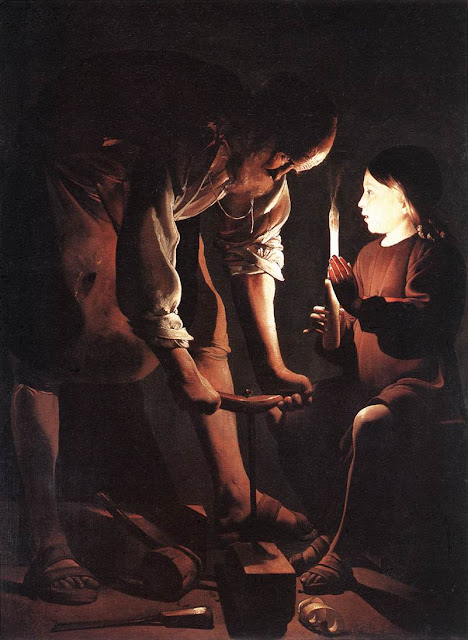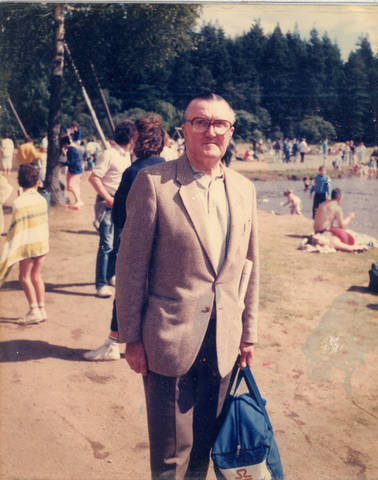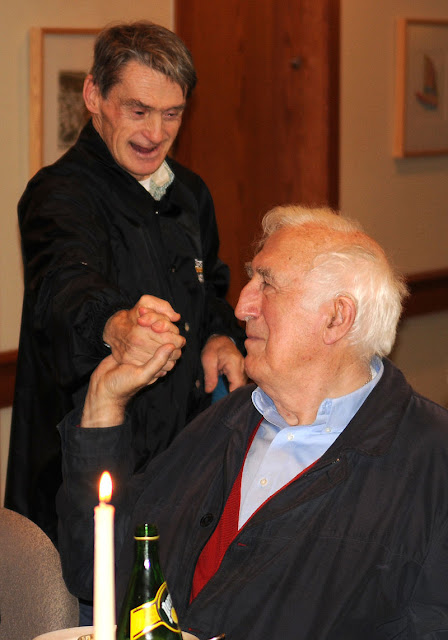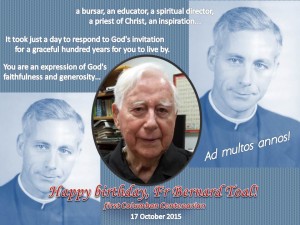‘Prepare the way of the Lord.’ Sunday Reflections, 2nd Sunday of Advent, Year C
Linaoli Tabernacle, St John the Baptist, Fra Angelico, c.1433
Museo di San Marco, Florence [Web Gallery of Art]
Readings (New American Bible: Philippines, USA)
Readings (Jerusalem Bible: Australia, England & Wales, India [optional], Ireland, New Zealand, Pakistan, Scotland, South Africa)
Gospel Luke 3:1-6 (New Revised Standard Version, Catholic Edition, Canada)
In the fifteenth year of the reign of Emperor Tiberius, when Pontius Pilate was governor of Judea, and Herod was ruler of Galilee, and his brother Philip ruler of the region of Ituraea and Trachonitis, and Lysanias ruler of Abilene, during the high priesthood of Annas and Caiaphas, the word of God came to John son of Zechariah in the wilderness. He went into all the region around the Jordan, proclaiming a baptism of repentance for the forgiveness of sins, as it is written in the book of the words of the prophet Isaiah,
“The voice of one crying out in the wilderness:
‘Prepare the way of the Lord,
make his paths straight.
Every valley shall be filled,
and every mountain and hill shall be made low,
and the crooked shall be made straight,
and the rough ways made smooth;
and all flesh shall see the salvation of God.’”
Charles Kuralt was an American journalist who worked for many years on the CBS TV network in the USA. He was especially noted for his ‘On the Road’ features on the CBS Evening News. These started in 1967, the year I was ordained, and I became familiar with them when I went to study in the USA the following year.
I vividly remember one particular story – they were never from the highways but from the byways of the United States – about a man somewhat on the older side who lived in a small town somewhere in the heartland of the country. I forget the particular state. The nearest town was only a few kilometres away but there was no road connecting the two. People had to take a very long way around to get from one to the other.
The residents of both houses tried for years to persuade their politicians to build a road between the towns, without success. So this particular elderly citizen decided he’d start to build a road himself, using planks. When Charles Kuralt caught up with him he hadn’t got very far – but he had started.

Setting for a meeting of the Legion of Mary
This man was engaged in what the Handbook of the Legion of Mary calls Symbolic Action. The Handbook was written almost entirely by Frank Duff, the founder of the Legion.
The Handbook says, It is a fundamental Legion principle that into every work should be thrown the best that we can give. simple or difficult, it must be done in the spirit of Mary . . .
But sometimes we are faced with works which are really impossible, that is to say, beyond human effort . . .
‘Every impossibility is divisible into thirty-nine steps, of which each step is possible’ – declares a legionary slogan . . .
Observe: the stress is set on action. No matter what may be the degree of the difficulty, a step must be taken. Of course, the step should be as effective as it can be. But if an effective step is not in view, then we must take a less effective one. And if the latter be not available, then some active gesture (that is, not merely a prayer) must be made which, though of no apparent practical value, at least tends towards or has some relation to the objective. This final challenging gesture is what the Legion has been calling ‘Symbolic Action.’ Recourse to it will explode the impossibility which is of our own imagining. And, on the other hand, it enters in the spirit of faith into dramatic conflict with the genuine impossibility.
The sequel may be the collapse of the walls of that Jericho.
I saw Charles Kuralt’s broadcast some time between 1968 and 1971. In the autumn of 1982 I was working in a hospital in Minneapolis as a chaplain on a three-month Clinical Pastoral Education programme. Charles Kuralt came to town while I was there to give a lunchtime lecture in an auditorium near the hospital and I went along to hear him. When he invited questions from the very large audience someone asked him, What happened to that road the old man began to build? So I wasn’t the only one who remembered the story.
Mr Kuralt told us that the man had since died – but that the road between the two towns had finally been built by the authorities.
The chances are that the man featured in Charles Kuralt’s story, since he was from the heartland of the USA, was familiar with today’s gospel. St John the Baptist is quoting the Prophet Isaiah and asking each of us to Prepare the way of the Lord, make his paths straight. He assures us that Every valley shall be filled, and every mountain and hill shall be brought low, and the crooked shall be made straight, and the rough ways shall be made smooth; and all flesh shall see the salvation of God.
Jesus asks for our cooperation. When he was faced with the hungry crowds he asked the Apostles what food they had and then told them to feed the people. Their cooperation with their feeble resources enabled him to show God’s bounty in a way they could not have imagined. At Cana Jesus told the servants to fill the water containers – and changed the water into the equivalent of about 600 bottles of the very best wine. (I once read a commentary that advised the reader to take that in a symbolic sense. I really don’t see why we should diminish God’s bounty! What Jesus did is indeed a symbol of God’s bounty precisely because it was an ct of that bounty in a specific situation.)

Linaoli Tabernacle, Fra Angelico, c.1433
Museo di San Marco, Florence [Web Gallery of Art]
We have no idea what God can do with a seemingly insignificant or purely personal action. When the young St Anthony of the Abbot went of to live as a hermit in the desert, rather like St John the Baptist, he had no idea that it would lead to the foundation of monasteries of contemplatives around the world.

When in 1964 Jean Vanier, a former officer in the Royal Canadian Navy and a professor of philosophy, bought an old cottage in France, rebuilt it and invited Raphael Simi and Philippe Seux, two men with learning disabilities who were living in institutions, to live with him he had no idea that this would lead toL’Arche communities around the world. These are communities where persons with learning disabilities live with others like a family and are able to develop their abilities, sometimes to the extent of leaving and living on their own. Raphael or Philippe, I forget which one, was able to make such a decision after .
Jesus, through the words of Isaiah repeated by St John the Baptist is calling us to actively prepare for his coming, in so many unexpected ways in our daily lives, through joys and sorrows, through the Mass and the sacraments, and in glory at the end of time. We are also preparing to celebrate the birthday of Jesus. However, that First Coming in the flesh has already taken place.

St John of the Cross Shrine and Reliquary, Segovia[Wikipedia]
St John of the Cross wrote in The Ascent of Mount Carmel, When he (God) gave us, as he did, his Son, who is his one Word, he spoke everything to us, once and for all in that one Word. There is nothing further for him to say. This is part of the Second Reading in the Office of Readings for Monday in Week 2 of Advent.
There is nothing further for him to say.
St John of the Cross goes on to write in the same passage, Consequently, anyone who today would want to ask God questions or desire some vision or revelation, would not only be acting foolishly but would commit an offence against God by not fixing his eyes entirely on Christ, without wanting something new or something besides him.
God might give him this answer, ‘This is my beloved Son, with whom I am well pleased; listen to him.’ I have already told you all things in my Word. Fix your eyes on him alone, because in him I have spoken and revealed all. Moreover, in him you will find more than you ask or desire.
The writings of St John of the Cross and of other great theologians do not reveal to us anything new but rather bring us into a deeper understanding of the Word. Likewise, the messages that the Church recognises as having been received in such places as Lourdes, for example, do not reveal to us anything new but rather emphasise some aspect of the Word, usually a call to penance and to prayer, in other words, Prepare the way of the Lord.
God asks us to look to the future in active, sometimes symbolically active, hope like the old man in Charles Kuralt’s story. Be ready to meet Jesus in whatever guise he comes and whenever he comes, each day, at the hour of our death, at the end of time.



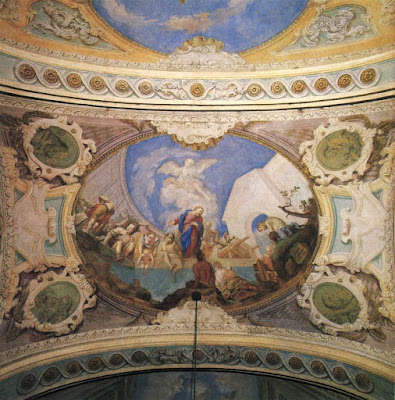

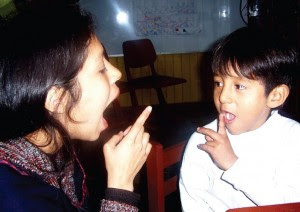

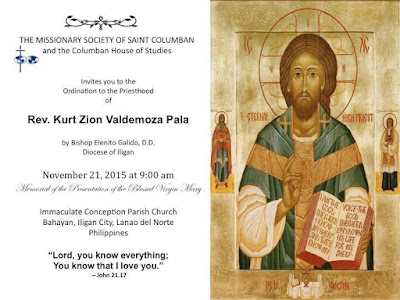
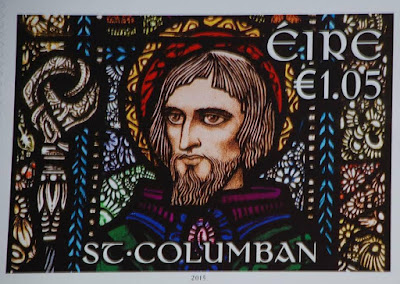





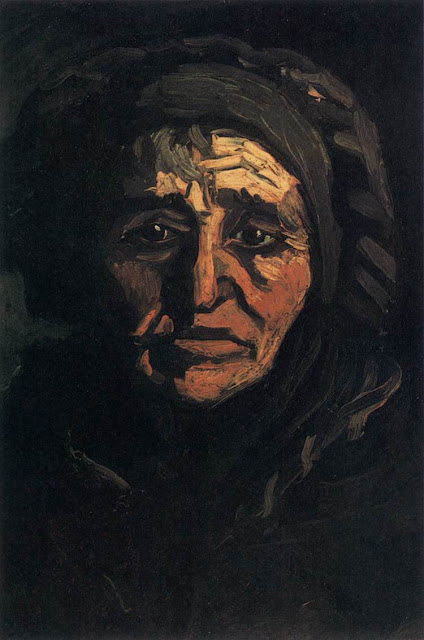


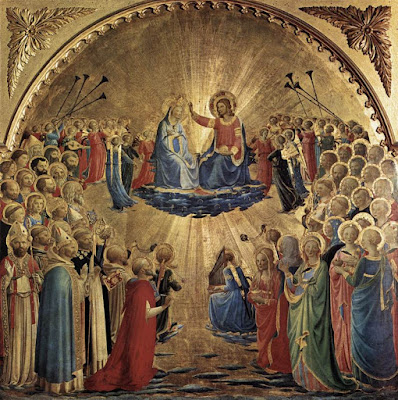
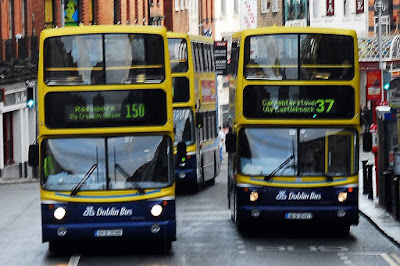
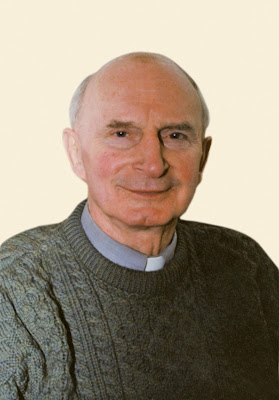

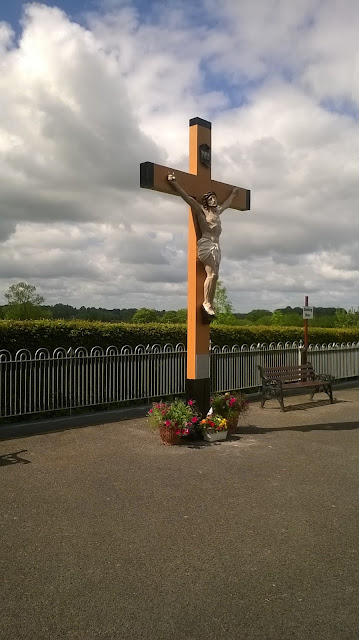



 Montego Bay. Jamaica [
Montego Bay. Jamaica [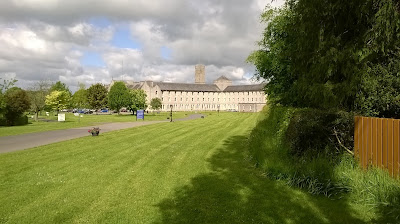 St Columban’s, Dalgan Park
St Columban’s, Dalgan Park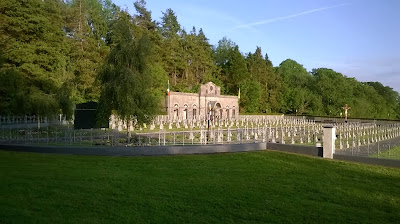 St Columban’s Cemetery, Dalgan Park
St Columban’s Cemetery, Dalgan Park

